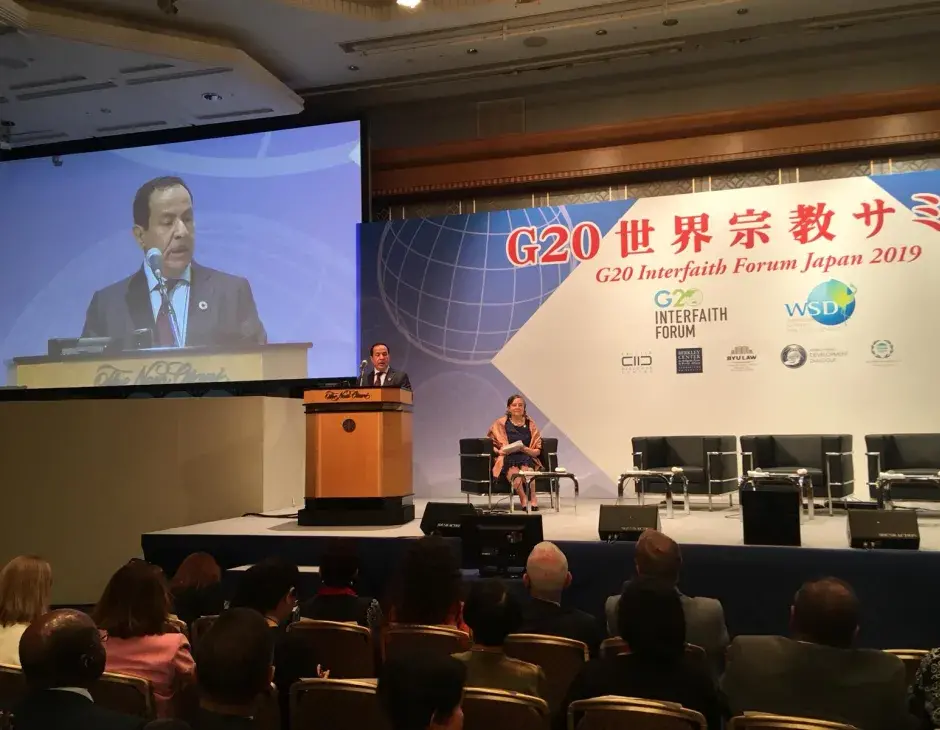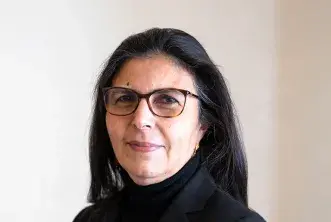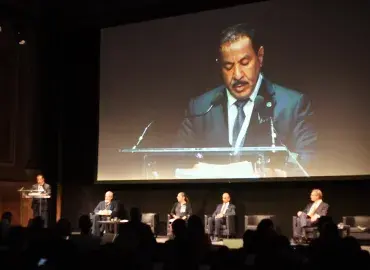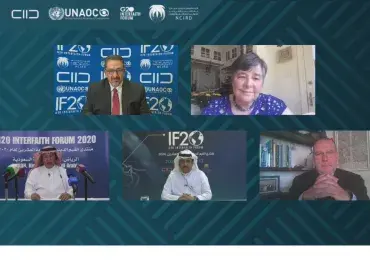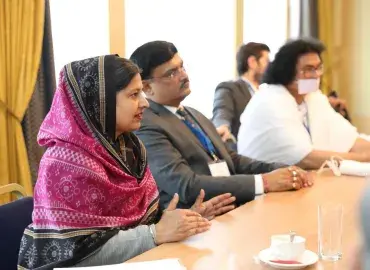G20 Interfaith Forum 2019
“Formal Inauguration of the Forum - Working for Peace, People, and Planet: Challenges to the G20”
Speech of the KAICIID Secretary General Faisal Bin Muaammar
8 June 2019 - Tokyo, Japan
Your Excellencies, Ladies and Gentlemen,
It is an honour to join you here today, in this wonderful and gracious country, representing the KAICIID International Dialogue Centre.
I am tremendously proud of KAICIID’s contribution and support to the G20 Interfaith Forums in both Argentina and Germany, and I am particularly pleased that the 2020 G20 Leader’s Summit will be taking place in the Kingdom of Saudi Arabia.
This not only has great importance to me personally as a Saudi, but also because Saudi Arabia is one of KAICIID’s Founding States and is where the inspiration to create an international, interfaith dialogue centre originated.
Ladies and Gentlemen, I believe we cannot overstate the role the G20 Interfaith Forum plays in focusing an international spotlight on the vital work and contribution of religious communities, leaders and faith-based organizations to dealing with the many development, socio-economic and environmental issues affecting our world today.
Moreover, the aim is to bring religious insights into these issues, to the attention of G20 political leaders and to the G20 Summit table.
This is where we at KAICIID play a distinctive role. At the core of our mandate is a commitment to promoting dialogue and collaboration between policymakers and religious leaders. Our unique governance structure of both religious leaders and policy makers, provides us a unique capacity to fulfill this mission, and act as a bridge between the religious and political spheres.
Since our establishment, in 2012, we have translated our mandate into dialogue platforms in the Arab World, the Central African Republic, Europe, Myanmar, and Nigeria, which are producing measurable and meaningful results.
Our platforms create and expand the dialogue space between religious leaders and build stronger coalitions to enhance peaceful coexistence in these conflict areas. By doing so, we are enhancing constructive and sustainable relationships between religious communities and policymakers.
Through these platforms we have seen the power of religious leaders to combat, for example in the Arab Region, hate speech and other forms of incitement to violence… and in the Central African Republic, to inform policy on reconciliation and the peace process.
However, I must stress to you that our journey at KAICIID has not been an easy one. Indeed, the path to bringing greater cooperation between policy makers and religious leaders and institutions has been fraught with mistrust, suspicion, fear of the Other and many failures to communicate.
I believe that these challenges are from both sides and we had lost sight of one key fact that has been staring us in the face; and that is, that 84% of the world’s population profess a religious faith or tradition.
The value of solidarity and the desire to achieve peace, equality and justice are common to all religions. Motivated by these powerful values, religious leaders around the world are mobilizing their communities as mediators and agents for change. Their efforts should be acknowledged and their potential should be recognized.
When we tap into this phenomenal resource, then bringing down the walls of fear and mistrust becomes an easy task.
And, more importantly, we must allow religion to be seen as a key part of the solution, and not, as is often the case, the cause of the problem. There can be no more excuse for blaming religion or religious leaders. We need to encourage policy makers to embrace the tremendous force for good that the faith community, faith actors and Faith Based Organizations represent in our world.
The UN, governments and the international community need to evolve a position on the inclusion of faith-based organizations in the decision-making process.
We cannot achieve peaceful and cohesive societies without engaging religious communities in the dialogue about the problems and potential solutions.
These stakeholders have often been overlooked in this process. This is an issue that we must address, and the people gathered in this room are key to doing so.
For our part at KAICIID, we are actively seeking to enhance the status of faith-based organizations and faith actors at the policy level and at the UN.
I am very proud to be co-chair of the Advisory Council to the UN Interfaith Task Force on Religion and Development. Through the Council and other partnerships with the UN and international community, the KAICIID Team has worked hard to raise the profile of dialogue, religious leaders and institutions, women and men of faith and the youth at the UN and international community.
In our common road towards the Sustainable Development Goals and towards peace in particular, we need to continue creating spaces for dialogue and cooperation between the religious and policy-making sectors. This is an ongoing challenge, but one that we are overcoming, slowly but surely.
It is crucial that, starting from our gathering here in Tokyo, participation in the G20 Interfaith Forum be a priority for us all.
I hope that this gathering will be a milestone in creating an institutional venue to ensure that the input of religious leaders is considered and taken seriously by policy makers in their discussions.
I look forward to the dialogue with you over the next two days, and trust this inclusive approach will lead us to constructive, concrete, actionable and sustainable recommendations.
Thank you.
Hundreds of high-ranking political, diplomatic, academic and religious leaders gathered this week at the G20 Interfaith Forum…
The capacity of interfaith dialogue to unite disparate traditions under a common cause, the importance of offering a voice to…
The International Dialogue Centre (KAICIID), together with the United Nations Alliance of…

